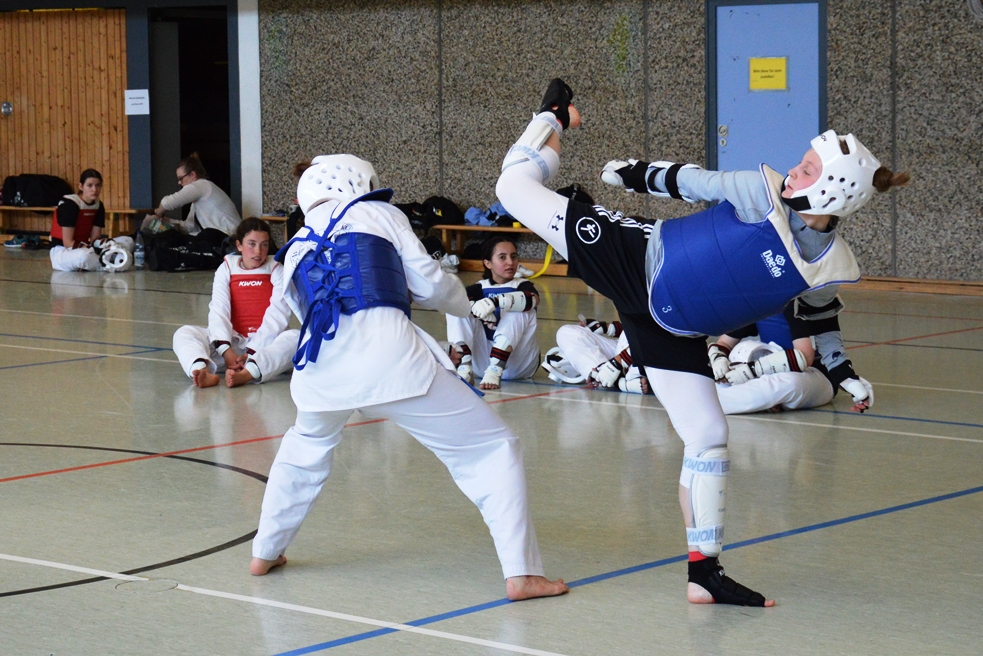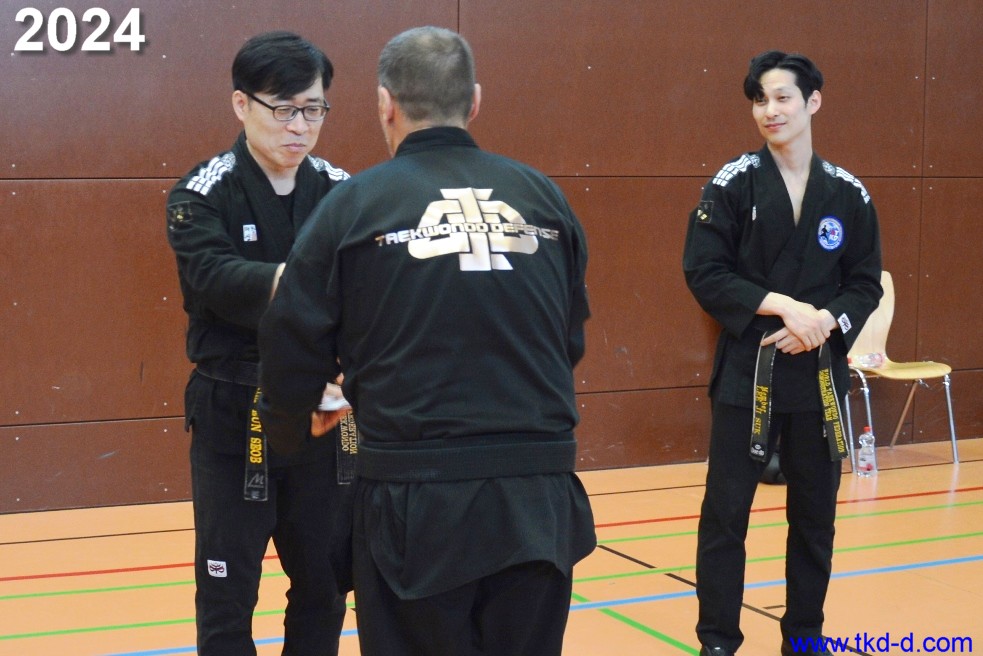Dear parents,
Sooner or later, every family is faced with the question of which sport is the right one for their offspring and other questions arise. Where to go? To whom? Not every child knows immediately what they want to do. Especially not if there are many sports in a region.
In this case, we would like to introduce you to the Olympic sport of taekwondo. Our focus is on the health of your children.
In reputable sports clubs, there is always a strict inspection of the sanitary facilities, lighting conditions, temperature in the sports hall, air supply, changing rooms and showers. If you pay attention to these aspects and others, you are already doing a lot for your health.
If you have already decided on a sport or sports school, you should find out more about the club or sport. To do this, you can use the internet and former or active athletes from the club to gather and exchange information.
Pay attention to the following points:
- Is the club part of regional taekwondo, the federation or international?
- Is it part of the Olympic Sports Federation or is it a private club?
- Is the club insured in the event of injuries, accidents or theft?
- Does the club have a current license?
Find out about the trainers
Before your child comes to training, you should get to know the trainers. Don't be afraid to ask questions. After all, you are entrusting your child to these people.
You can also come along beforehand without your child to get to know the trainers at your leisure.
- What position do the trainers have in the club? How often have they trained children before? Does the trainer have an international (Kukkiwon) DAN or is this only valid in Germany?
- What licenses do the coaches have?
- Does he/she have first aid training?
- What experience does he/she have? Has he/she taken part in a tournament as a competitor? What victories does he/she have?
- Are there any students who have come far and been successful at tournaments? Does your child have good prospects there? Remember: "Success in a tournament is not the most important thing!"
- Also pay attention to the appearance of the coaches. (Clean suit, neat appearance...)
How can you identify a good trainer.
The children's trainer is a teacher on the one hand and a methodologist on the other. Therefore, pay attention to the way in which the trainer communicates with the children. A loud trainer is not a problem. Moreover, a loud voice is even a blessing for intensive group activities. Another thing is what and how something is communicated. If the teacher tries to humiliate the students, they will distance themselves from the teacher.
This is what the image of a good children's trainer looks like:
- smart, polite and punctual
- loves his/her job
The training program is intense but not exhausting. The exercises are varied and he/she is a true master of the sport and is always in control of the situation, without forgetting to praise his/her students or react appropriately to the situation. He/she knows how to communicate with children so that they listen to him/her, but he/she will never allow him/herself to be rude to his/her students. He/she knows how to create the right atmosphere - both during training and at competitions. He/she deals with sensitive issues, the individuality of children and helps to solve problems. And yet the coach will always be aware of an obvious violation of the equipment rules or safety measures and correct it if necessary.
Motivation
There are certainly times when the child's parents ask themselves: "My child has a lot of energy, I'll take him/her to sports and hope that he/she will be exhausted after an intensive sports session. Then they'll use up all their energy and be tired in the evening." How should you answer such a question?
The purpose of educational and training sessions is the deepest and most meticulous work on the formation of physical and mental health. It shapes the child's character, behavior and communication in a team or group, love and passion for this sport and physical education. No one's goal is to tire the child out during training. This is not necessary. When you come to the hall and decide on a sport, you must first understand that everyone, both the coach, the parents and of course the child, must work on themselves. During the coaching practice, the formula of the so-called coach-parent-child triangle was developed. If one of the parties does not understand the training or the training session, what, why and the complete overall picture itself, the coach-parent-child triangle becomes weak, which has a negative impact on the training.
We recommend that parents ask their child how the lessons at the club are going, what they are doing and what they are not doing. Praise and support your child. It should be positive. You should never allow a child to doubt their own performance and abilities for even a second in a conversation with you. After a few training sessions, parents often ask: "Well, how are the lessons going? Is it all working?"
First of all, you need to understand that lessons in beginner classes are mainly play-based. Techniques, basics, rules are taught in simple and interesting tasks where the trainer smoothly lays the technical foundation and develops physical and voluntary qualities. Of course, all children in the group will have different potential, which is why the learning speed will vary. Sooner or later, every child will begin to manifest and realize themselves. The main thing is that in any case, under the guidance of a competent trainer, your child will strengthen health and character, gain experience in communicating in a group, learn to overcome difficulties, set tasks for himself, perform them and, finally, acquire self-defense skills.
From time to time, the child loses interest in training. There can be many reasons for this. This is a normal condition. Absolutely everyone who does sport has gone through this and goes through it at different stages of preparation, at different ages, some after a few months and some after several years. Parents must take care to notice this in good time and take steps to counteract it. The trainer provides support with such problems.
Find out the reason and use positive arguments and examples to explain that the lessons should be continued. Many children want to return some time after training has ended, but are ashamed because of weakness, because their former training partners have progressed in training or simply do not dare to tell their parents. At this time, it is important for parents to help their child deal with doubts and suggest the right decision.
Coach - parent - child - that's the triangle to sporting success!
Your Trainer-Team vom Taekwondo Desant e.V.












